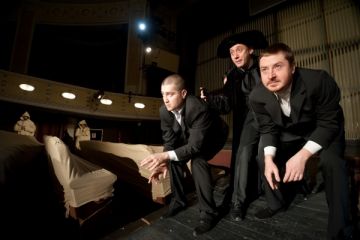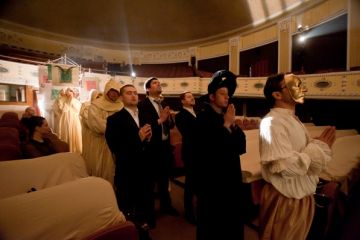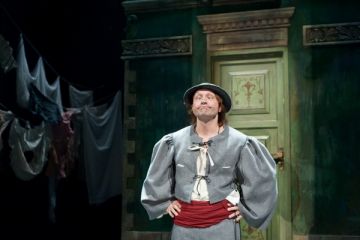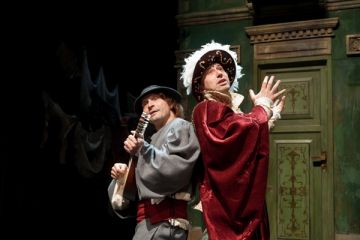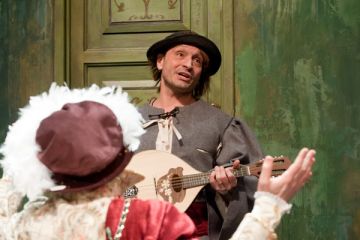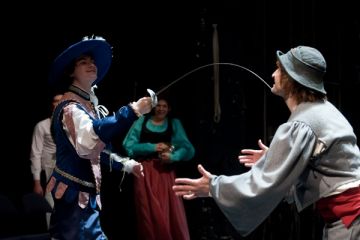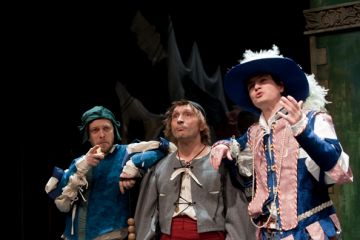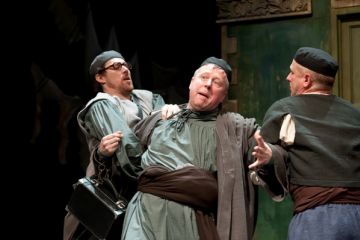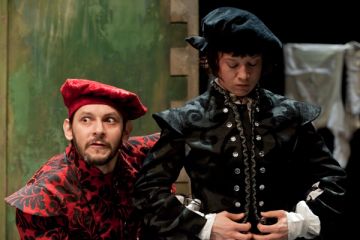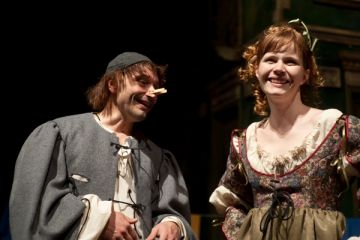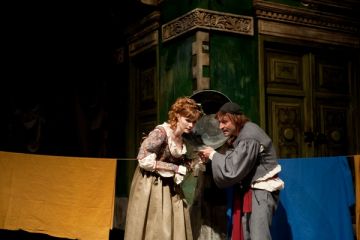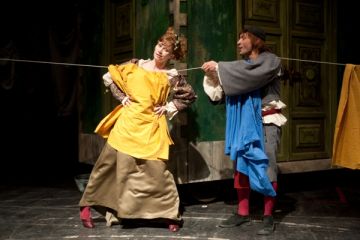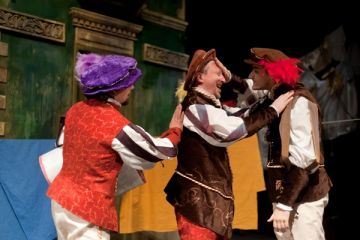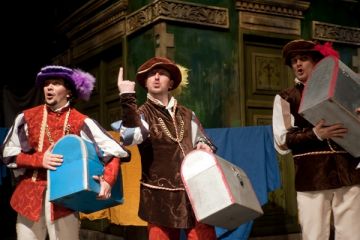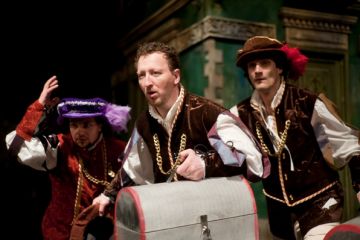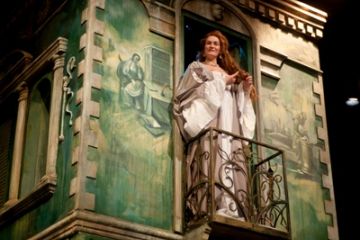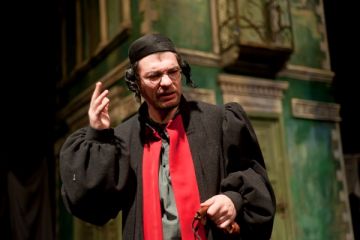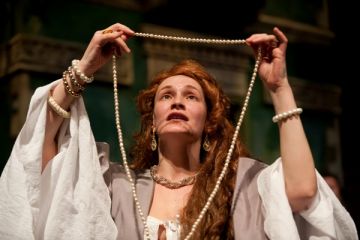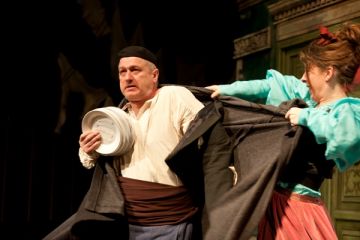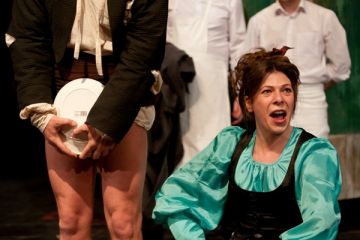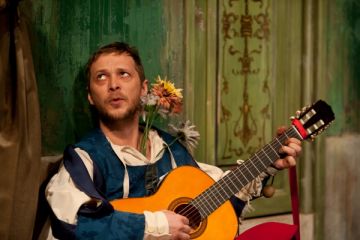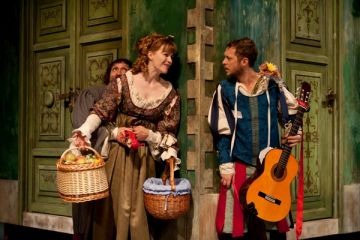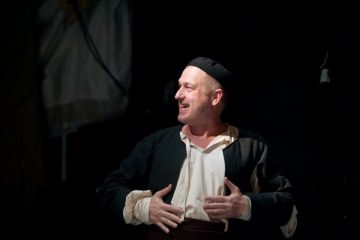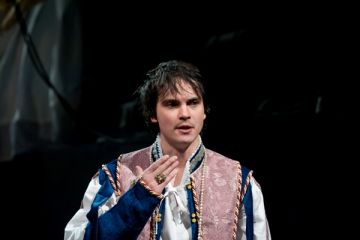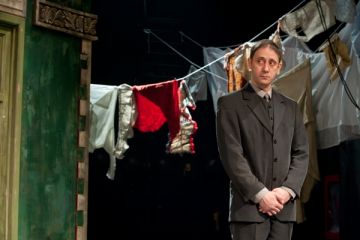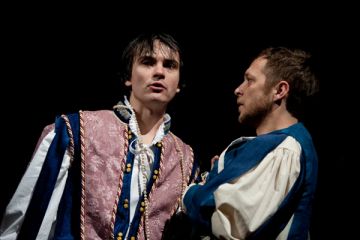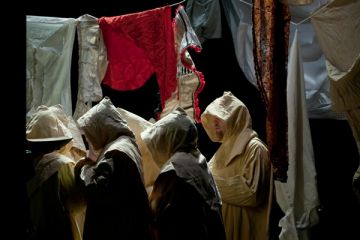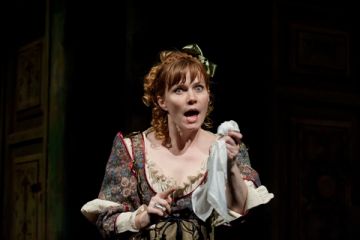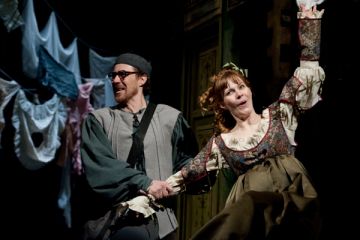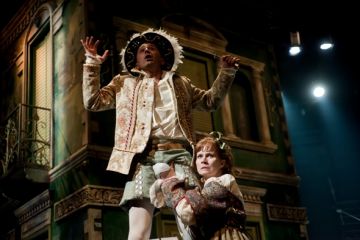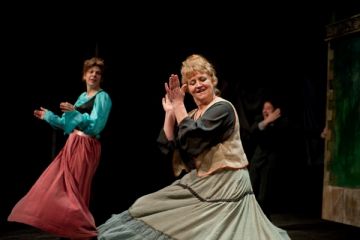Marin Držić
Dundo Maroje
Studio Performance in the Main Hall
Dundo Maroje
András Hatházi
Maro
Balázs Bodolai
Bokčilo
Lehel Salat
Popiva
Levente Molnár
Pera
Enikő Györgyjakab
Đivo
Róbert Laczkó Vass
Laura
Emőke Kató
Pera’s nurse
Csilla Varga
Laura's nurse
Éva Terschánszki
Petrunjela
Imola Kézdi
Hugo
Lóránd Váta
Pomet Trpeza
Zsolt Bogdán
Tripčeta
Ervin Szűcs
Đivulin Lopuđanin
Csongor Köllő
Niko
Ferenc Sinkó
Pijero
Szabolcs Balla
Vlaho
Gábor Viola
Sadi
Loránd Farkas
Pavo
Attila Orbán
Dugi Nos, Captain
Áron Dimény
Gulisav, Gendarme
Nándor Vetési
Grubisa, Gendarme
András Buzási
Camillo, Gendarme
Alpár Fogarasi
Osterians
Tünde Skovrán, Júlia Albert, Júlia Laczó
directed by
Robert Raponja set and costume design
Carmencita Brojboiu dramaturg
András Visky original music by
Massimo Brajković choreography
Ferenc Sinkó director's assistant
Ferenc Sinkó prompter
Imola Kerezsy stage manager
Imola Kerezsy
András Hatházi
Balázs Bodolai
Lehel Salat
Levente Molnár
Enikő Györgyjakab
Róbert Laczkó Vass
Emőke Kató
Csilla Varga
Éva Terschánszki
Imola Kézdi
Lóránd Váta
Zsolt Bogdán
Ervin Szűcs
Csongor Köllő
Ferenc Sinkó
Szabolcs Balla
Gábor Viola
Loránd Farkas
Attila Orbán
Áron Dimény
Nándor Vetési
András Buzási
Alpár Fogarasi
Tünde Skovrán, Júlia Albert, Júlia Laczó
directed by
Robert Raponja
Carmencita Brojboiu
András Visky
Massimo Brajković
Ferenc Sinkó
Ferenc Sinkó
Imola Kerezsy
Imola Kerezsy
Date of the opening: february 16, 2011
Studio performanceDate of opening: 16 February 2011
Duration: 3 hours with one intermission
Translated by Zoltán Csuka
Marin Držić is the biggest Croatian comedy writer from the Renaissance and Dundo Maroje is his best known and most frequently performed comedy. It is a true masterpiece, a brilliant work of Croatian Renaissance literature in which the author presents










